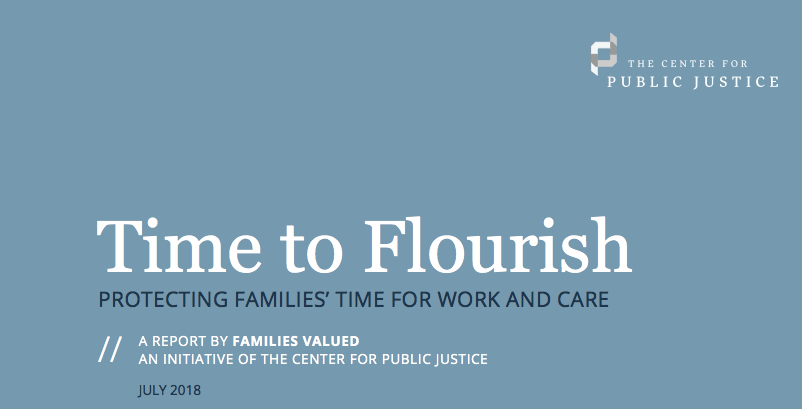If there is anything that the recent political sturm und drang about family separation at the border has emphasized, it is the undeniable sanctity of the family—at least in the political imaginary. The idea that the state might separate children from their parents for a misdemeanor border crossing has caused outrage because it is outrageous; it cuts at the fundamental understanding of what we instinctively know about the value of the parent-child relationship and the necessity of the family bond for human flourishing.
The dramatic response from activists, politicians, and the populace at large reflects the concern that is fundamental to our human nature and observable in social science: children need their parents to be present in their lives to nurture, support, and (physically, emotionally, and spiritually) nourish them.
Login to read more
Sign in or create a free account to access Subscriber-only content.
